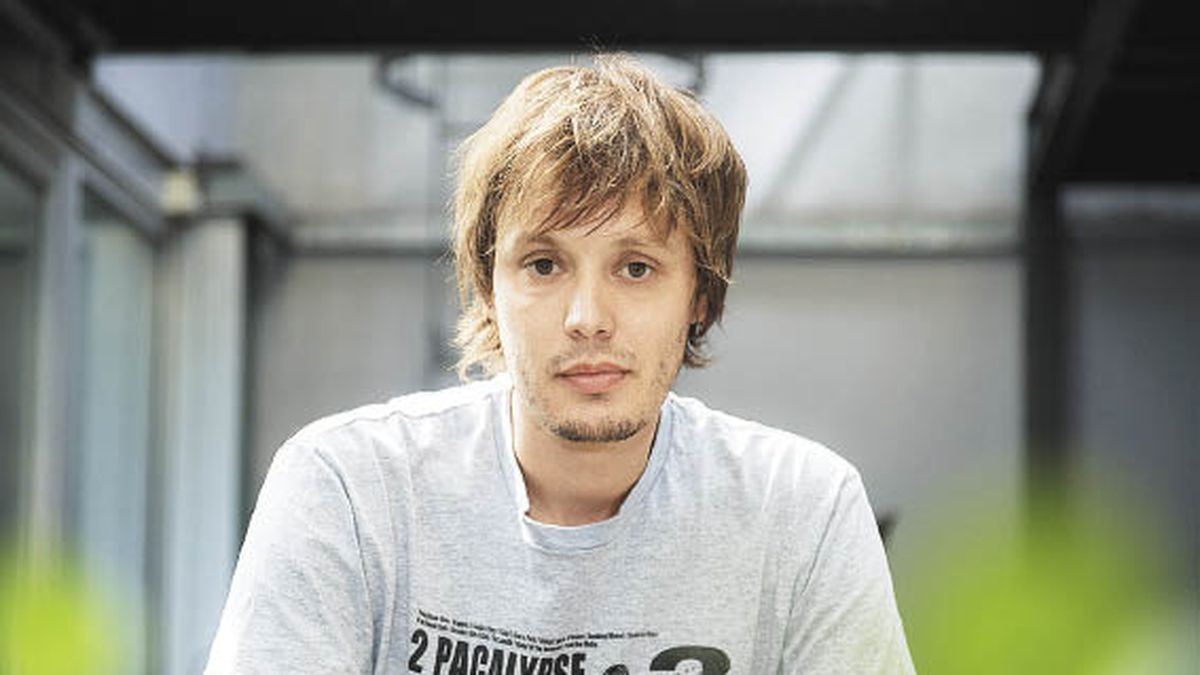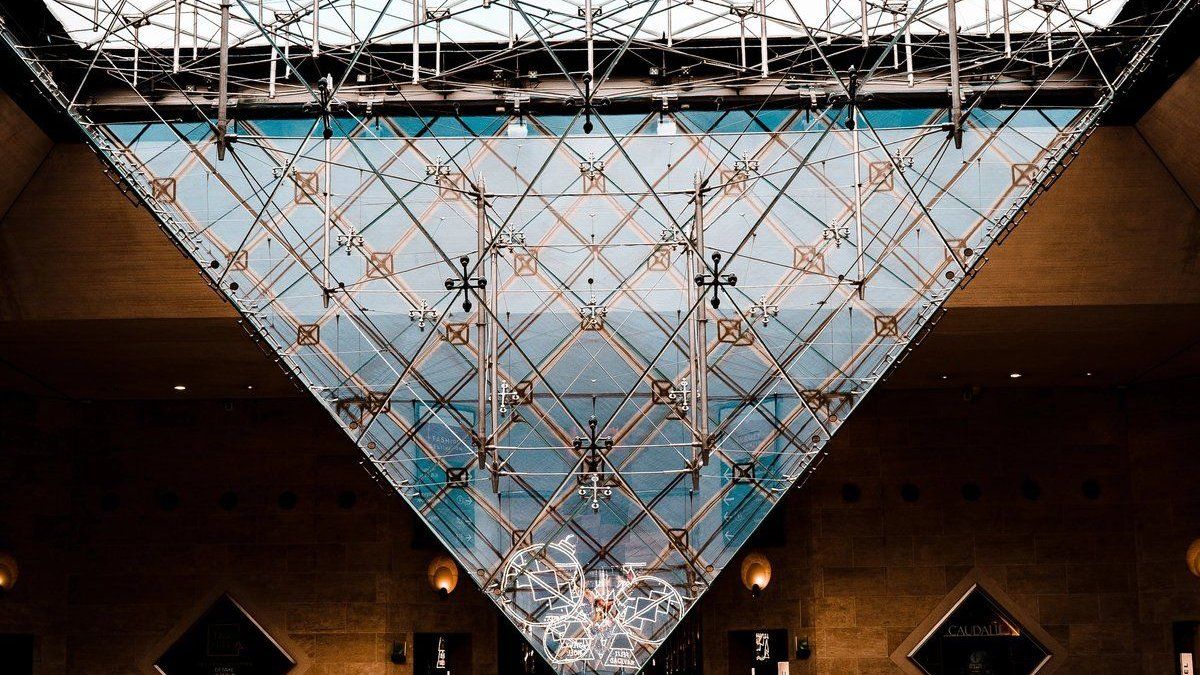“Platforms never know which series will be a hit, there are always surprises. I think that in the desire to release and give the viewer news because they pay every month, there is a lot of poor quality content that did not reach us before. He lowered the bar…”, says Mariano Hueter, author and director who in recent years has developed series for Disney+, Netflix, Amazon, Flow, Star+, Viacom and MGM, among others. He made his first miniseries at just 21 years old and did not stop generating content that was sold in Argentina, Mexico, Colombia, Uruguay and the United States, including “El mundo de Mateo”, “Inconveniencia”, “El legado” and “El mundo de Mateo”, “Inconveniencia”, “El legado” and “El cry of butterflies.
“With a dollar at 500 pesos we would have to make triple the productions, something that does not happen due to the instability of the country, the platforms look for clear rules…”, explains Hueter, who works together with Kwarzo from Martín Kweller to shoot in August “The flavor of silence”, as author and showrunner. The series for Flow revolves around a chef who commits a crime in a boutique restaurant attended by powerful diners. He will also be the artistic producer of the film directed by Gabriel Nesci (“Vinyl Days”, “Leyendas”), for Amazon. We spoke with Hueter about how platforms revolutionized the audiovisual industry.
Journalist: How has the world of fiction changed in recent times?
Mariano Hueter: The changes in the last ten years do not compare with what happened in the history of cinema in the last hundred. It changed the way of seeing, where to see, the way the business works, knowing how the viewer reacts and manages, the production method of the studios. There was a 180-degree turn, while between 1930 and 2000 the advances had to do with sound, color, multiplexes, distribution, 4D, but what I’m going to do is that they weren’t as big changes as in recent years. . The same thing happens on traditional TV, where fiction no longer exists. The rules of the game have changed and the viewer is in control. The snowball effect in the universe of fiction forced us to change and rethink what to tell and how.
Q.: What are the platforms used to give the green light to a series?
MH: Not even if the producers of “Dark” make a deep and new series with all the guarantees, if it does not reach the ROI (return on investment), if the numbers are not as expected and the public does not respond, they do not renew the season. There are macro numbers that have to do with how much income is generated. The platforms have a clear objective and that is to renew the monthly subscription of their clients, prevent them from getting off and attract new ones. For that there are projects, series and films that help, some maintain, others enhance, and those that do not meet that expectation rise. This parameter is essential.
Q.: Do the platforms know exactly what the public is looking for?
MH: No, and the proof is that the greatest successes have always been projects in which no big bets had been made: “Stranger things” revolutionized without being a series in which they have invested so much money; “La casa de papel” was a hit at the Hispanic level when it had been a flop on Spanish TV; “Dark” arrived without being “House of cards”, it was a German series that nobody bet much on. And the same goes for all of them. Or that of Fito, there were many biopics of singers and I don’t think they imagined that it would work over Luis Miguel, and yet there are always surprises.
Q.: What is the difference between producing for different companies like Disney or Netflix, among others?
MH: Each project and each platform is different because they are handled differently depending on whether it is regional, local or for the world. Nor is it the same if it is a can acquisition, a book development or original content. Each one of these companies are so big that it’s a universe that depends on who you get and how they got the green light and that’s where the conditions are. The platforms are managed more like marketing agencies with an eye on the product, the image, the launch and then for what is content they give a lot of freedom. There is a myth that there is a producer controlling the filming, it is not like that, they produce so much at the same time that it is not possible to be present. They are big players but the authors, directors and producers own the content.
Q.: What can you say about the level of content on the platforms?
MH: There is more content but it is difficult to find series that blow your mind, that leave you thinking. There are some that, in addition to being interesting, are prestigious, but there is a lot of nonsense and it has to do with the massiveness of the platforms. When something is so massive it is difficult for it to have a level. Unlike the cinema, the series does not go through festivals and awards; Originally they tend to look for the popular, so it is difficult to find material that invites reflection and at the same time is captivating and good. There are more interesting themes than well executed.
Q.: How are the audiences in different countries and regions?
MH: I feel that the education of the viewer is very noticeable when choosing what content to watch. Colombia, Mexico, Argentina, the US or Europe are not the same. When I travel I find series with a level of complexity or social reality that hits hard in one country and goes unnoticed in another. Argentines have the illusion of watching something to distract themselves, not think so much, be happy, and that has to do with our reality, that’s why comedies and light series go well and perhaps not elaborate dramas or psychological thrillers. The audience spectrum has to do with each society. In Argentina we are a nostalgic audience, that’s why everyone is happy watching Fito’s series and listening to the music of adolescence. When stories with emblematic characters from the past appear, they stick, while in other societies they are more looking to the future.
Q.: Argentina stopped being a film set, how do you explain it?
MH: Since there is talent and ideas, a lot is filmed, but with a dollar at 500 pesos we would have to make three times as many productions, including providing production services where Mexican or European series with natural settings come to be filmed, but they prefer Uruguay or Colombia. We are missing out on the industry that has grown the most in the last six years, it is nonsense, and it occurs due to a lack of clarity in the rules of the game. Argentina does not provide facilities for filming, it is politically unstable and, without going any further, Colombia or Mexico since 2004 respected the same audiovisual policies without changing them with the governments. These are the two countries where more is filmed in Latin America. Come the government that comes, you have a VAT refund, tax incentives and a stable exchange rate. When a platform thinks about investing in the long term, it seeks to anticipate whether it will be able to withdraw currencies at the exchange rate to record profits, but here it is not known if everything changes in a couple of months. It is a pity because we lose a blank job, with quality technological advances, with payment at international levels, which gives entry in dollars, that is, it is wonderful to promote everywhere, but here it is not achieved due to instability.
Source: Ambito
I am an author and journalist who has worked in the entertainment industry for over a decade. I currently work as a news editor at a major news website, and my focus is on covering the latest trends in entertainment. I also write occasional pieces for other outlets, and have authored two books about the entertainment industry.




